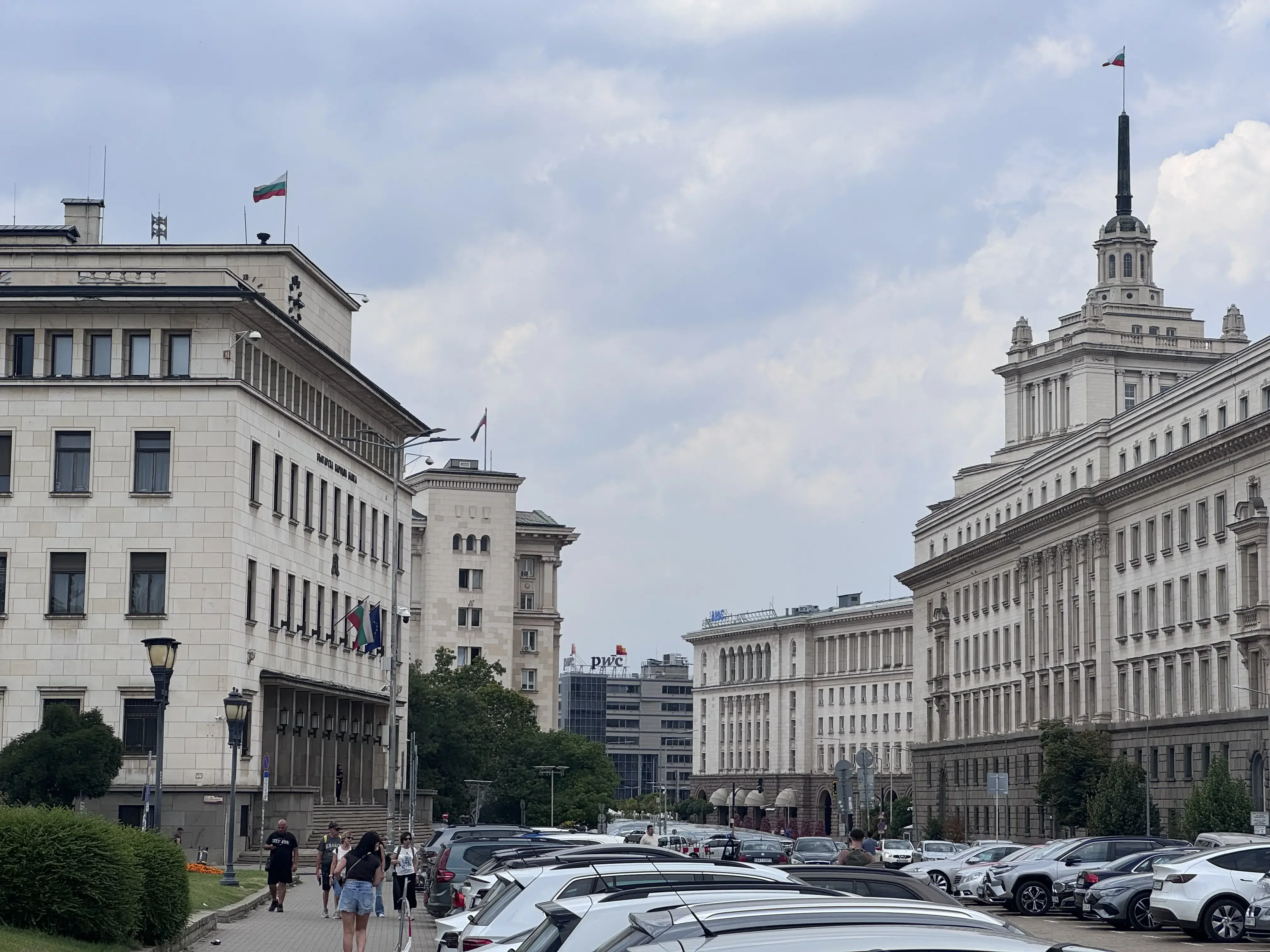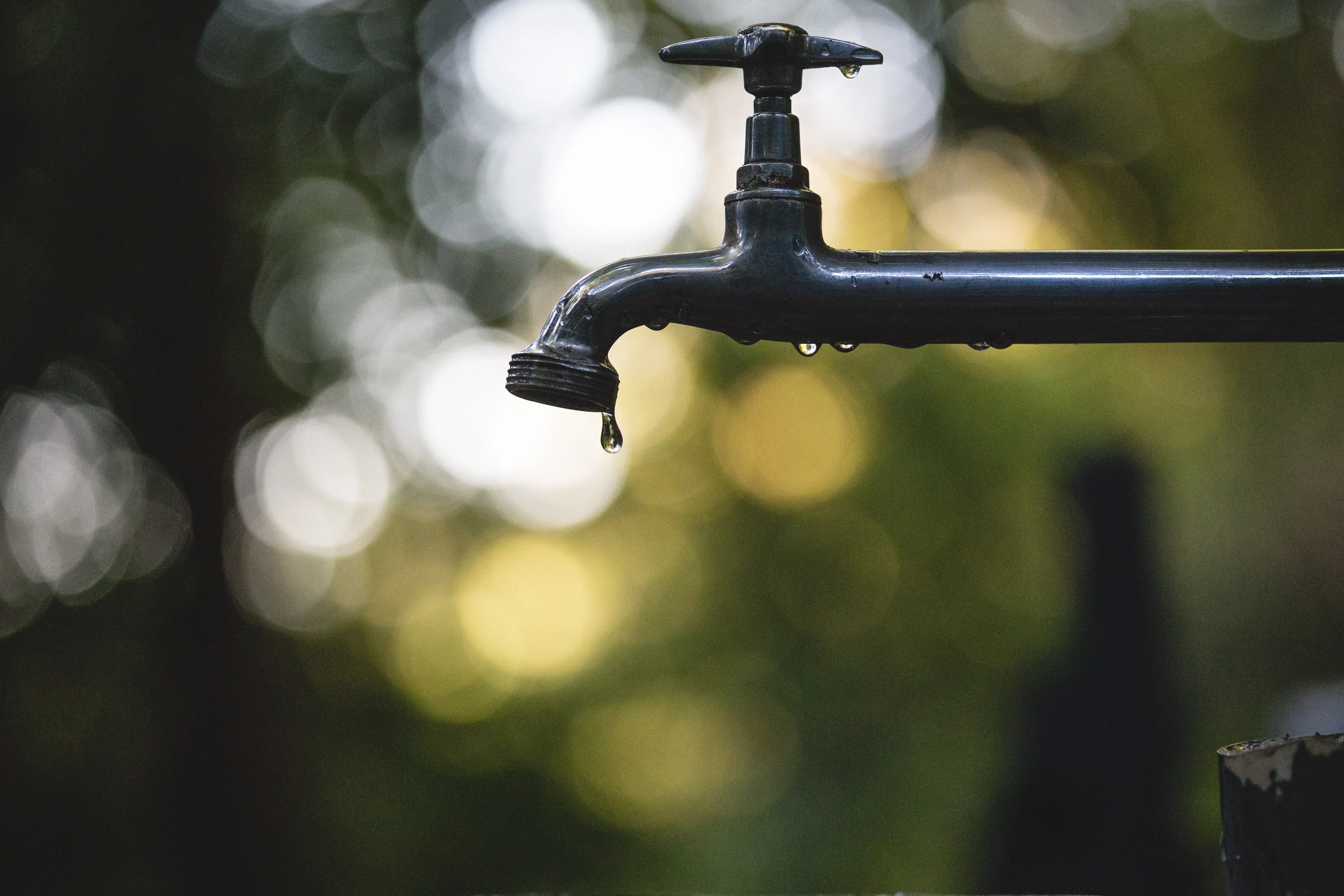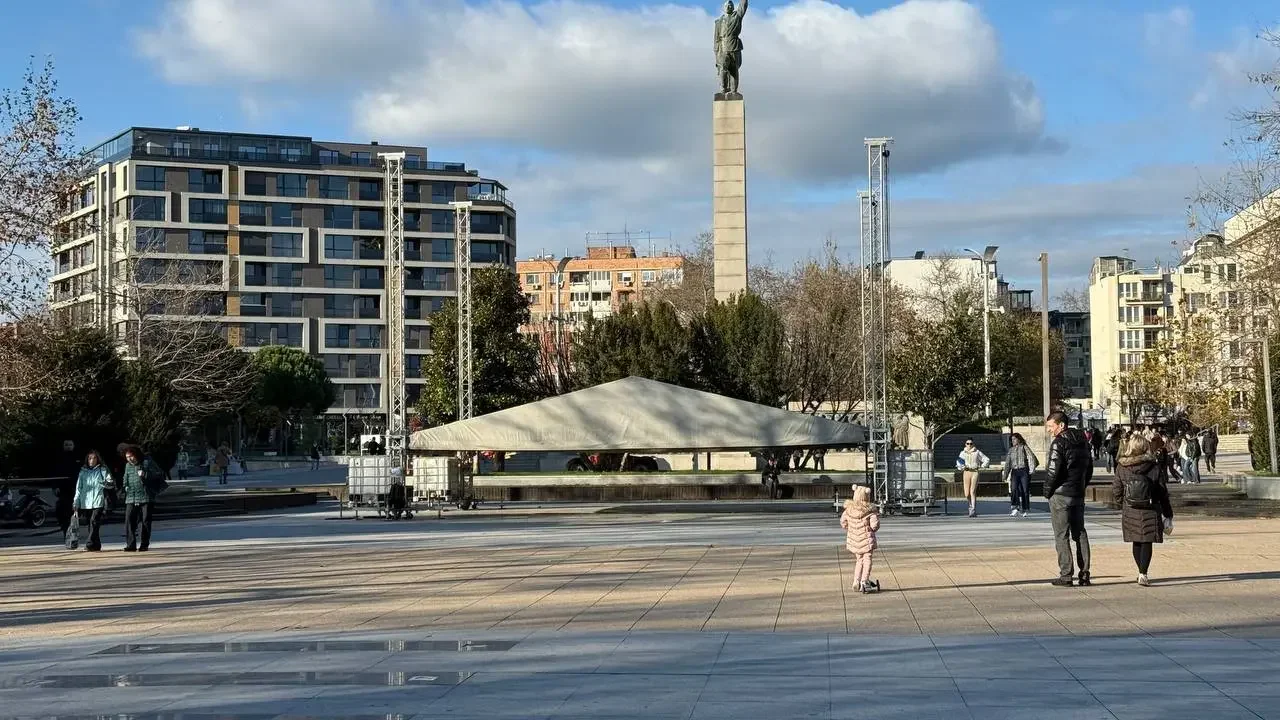The summer of 2025 is coming to an end, but along with its heat, an old but increasingly serious problem is emerging for Bulgaria: water supply. Many populated areas are forced to live on water rationing, and experts are raising the alarm that the situation will not only not improve, but will also dramatically worsen next year. This is not just a temporary inconvenience, but a complex crisis caused by a number of factors that require urgent and long-term solutions.
The main causes: Drought, infrastructure, and management
The water problem in Bulgaria is multifaceted. The first and most obvious reason is the prolonged droughts, which are becoming more frequent and intense. Climate change has a direct impact on water resources, reducing rainfall and raising temperatures, which leads to water evaporation from reservoirs. The result is alarmingly low levels in dams, which are a major source of drinking water for many regions.
The second major reason is the outdated and inefficient water and sewerage infrastructure. A large part of the country's water supply network is decades old, which leads to huge water losses along the route. According to various estimates, up to over 50% of the water supplied from water sources never reaches the end consumer due to accidents, leaks, and the poor condition of the pipes. These colossal losses make the management of water resources extremely inefficient and expensive.
The third, but no less important, factor is the poor management of water resources. The lack of adequate long-term strategies, coordinated planning, and effective control contribute to the deepening of the problem. Although there is talk of the need for measures, the actions are often reactive rather than preventive, and are taken only when the crisis has already occurred.
2026: Forecasts for an even more severe crisis
The forecasts of climatologists for 2026 are not optimistic at all. The data indicate that the levels of water resources, including in the main dams, are at critically low levels by the end of August 2025. This means that even if there is rainfall in the autumn and winter, it is unlikely that they will fully restore the water reserves for the next summer. Without urgent and adequate measures, the situation with water rationing may spread and affect even more populated areas, including large cities. The lack of sufficient water will have serious consequences not only for people's daily lives, but also for the economy, agriculture, and the environment.
The social dimension: Protests as a clear signal
The relevance and social significance of the water shortage problem are also highlighted by public discontent. On August 31, 2025, a protest is being held in Pleven, which clearly shows that people are not ready to passively accept this situation. Protests like this are a strong signal to the authorities that immediate action is needed. They are an expression of disappointment with the lack of long-term solutions and a call for responsibility and effective management of one of Bulgaria's most valuable natural resources.
Conclusion
You may also like
 The New Year 2026 Brings Challenges and Opportunities for Bulgaria, According to BCCI
The New Year 2026 Brings Challenges and Opportunities for Bulgaria, According to BCCI Defense Minister on 2026: Army Modernization Halted Due to Political Crisis and Lack of Budget
Defense Minister on 2026: Army Modernization Halted Due to Political Crisis and Lack of Budget Schengen after one year: Benefits for Bulgaria and challenges for the country
Schengen after one year: Benefits for Bulgaria and challenges for the country Cracked Dam on the Struma River near Batanovtsi: Recurring Problem, Lack of Funds and Expectation of a Response
Cracked Dam on the Struma River near Batanovtsi: Recurring Problem, Lack of Funds and Expectation of a Response
The water crisis in Bulgaria is not a short-term phenomenon, but a systemic problem that needs a comprehensive approach. To avoid a collapse in 2026, urgent actions are needed to modernize the water and sewerage network, improve the management of water resources, and create a long-term strategy for dealing with the consequences of climate change. Ignoring the problem is not an option. The future of Bulgaria, as well as its citizens, is directly related to how we deal with the challenge of water.




Коментари (12)
Луд_Петко
31.08.2025, 18:39аз така мисля, че това е сигурен знак за беда
NOCOMMENT
31.08.2025, 18:41Ах, какво се случва с нашето минало? 💥
maga2015
31.08.2025, 18:45Да, Русия виновата
4ERVENO_FLAG
31.08.2025, 18:50ох, като се чува за воден режим, мислqм за р
KIROV89
31.08.2025, 18:54аха, не си само ти! 😁
849D3
31.08.2025, 18:58боже мой, какво ще станне с нас? намерихме ли с
E7861
31.08.2025, 19:07крака на русия не могат да ни спасят от това
darkangel
31.08.2025, 19:08Всъщност, не е така
[email protected]
31.08.2025, 19:10Ах, държавата ни е на кръст!
viki_qna
31.08.2025, 19:12Като 4е ли нямаме никого, когото да се об
tony_stark
31.08.2025, 19:19Аз така мисля, че това е сигурнно
BARONA
31.08.2025, 19:21мислиш? това вече е факт